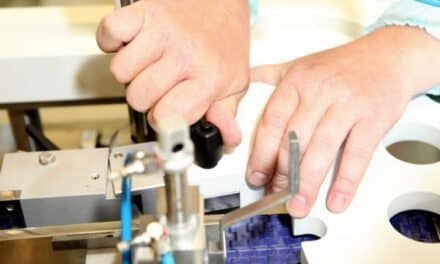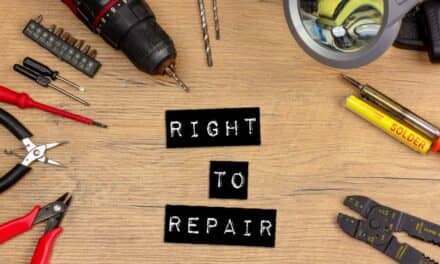Last week, three U.S. Senators introduced a bipartisan bill—S.3830, or the Fair Repair Act of 2022—that would require manufacturers to provide third parties and consumers with the tools necessary to repair electronic devices. It’s the Senate version of H.R. 4006, which was introduced in the House last summer.
The proposed legislation covers products ranging from agricultural equipment to consumer electronics and is the latest in a series of federal and state proposed laws seeking to codify the “right to repair.” If the bill becomes law, manufacturers will not only have to comply with the Act’s requirements, but they will also need to prepare for potential liability implications.
Attempts at codifying a right to repair are not new in the United States. Calls for automotive right-to-repair legislation go back to the 1970s. But the movement has hit its stride in the last decade.
In 2013, Massachusetts became the first state to pass a right-to-repair law requiring vehicle manufacturers to sell their proprietary diagnostic tools and software to third-party repair shops, spurring a flurry of similar bills across the nation and bringing attention to the right-to-repair movement.
Read the full article on JD Supra.



![National [Electronics] Right-to-Repair Bill Filed in Congress](https://24x7mag.com/wp-content/uploads/2017/03/congress-440x264.jpg)


It is important to note that this Bill specifically excludes medical devices.
(5) NON-APPLICATION TO MANUFACTURERS OF MEDICAL DEVICES.—Nothing in this Act shall apply to a manufacturer of a medical device, acting in that capacity.